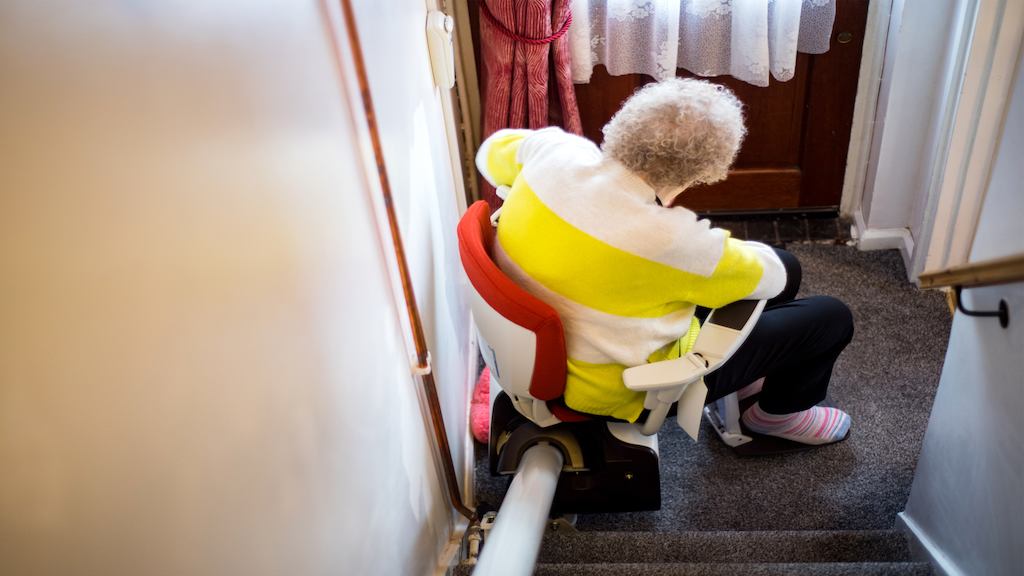Second, we need stronger commitments to delivering timely repairs, improvements and adaptations for people who need them. We recently published a systematic review of the best national and international research evidence for the benefits of home adaptations and repairs, carried out by the University of West England and Building Research Establishment.
One thing that’s particularly striking in the evidence is how, while major works and adaptations can clearly be transformative for people, it’s minor adaptations, particularly when combined with repairs and other basic improvements, and when delivered quickly, that prove both effective and cost-effective.
The Ministry of Housing, Communities and Local Government is clearly committed to the Disabled Facilities Grant, and the recent confirmation of an additional £42m is very welcome. But the message from our review is this money could be spent most effectively if local areas make use of the flexibility allowed using the Grant. That means funding major and minor adaptations and providing sufficient and secure funds to the handyperson and Home Improvement Agency services who can deliver work in a timely and coordinated way. Some local areas are already using the funds in this way, but it is not a consistent picture.



